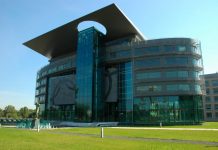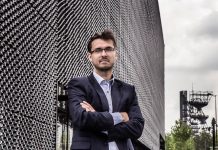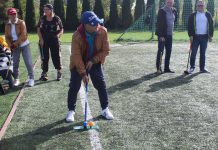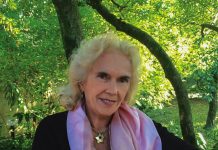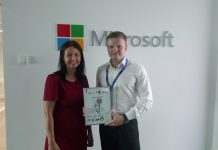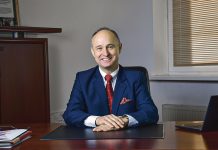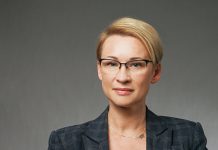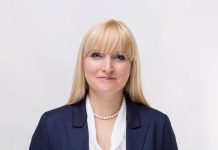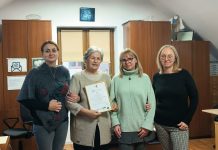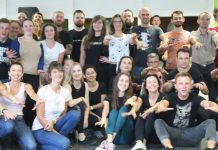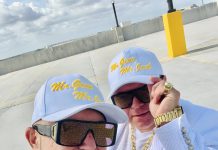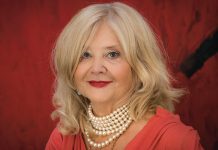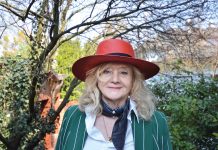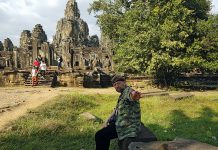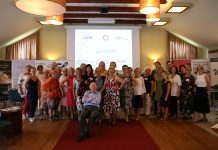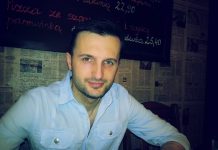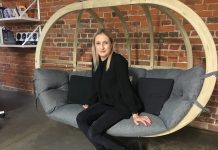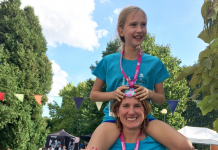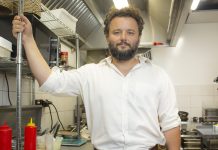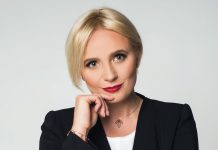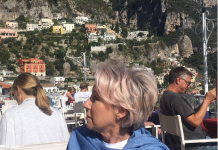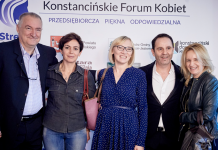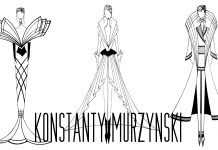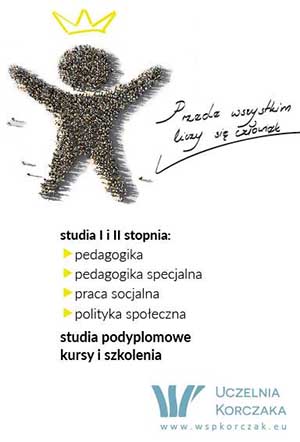An interview with Moulay Keïta, Malian film actor, entrepreneur, president and CEO of DOU.TECH-SA, keen observer of the African political scene, socially and politically engaged activist, about how being brought up in a polygamous family and managing it allowed him to achieve the position of a leader as well as negotiating and political skills.
Do you think that you have become a leader or was born as one? Have you ever held the leader’s position in your teenage years?
These two things go hand in hand. I can say that I was born with a seed of leadership that sprouted, and developed a permanent trunk and limbs over time. I’ve always been the group leader and everyone wanted me by their side. Since childhood, I have been a committed person: whenever I am entrusted with something, I try to do my best to achieve the assumed results. It is very important to me. I’ve always been very sensitive to injustice. I devoted myself to everything that outraged my city and lives of people around me, but I also liked to manage the everyday life of my friends.
When there is a conflict in my surrounding, I try to mediate in order to reconcile both sides. I gained experience in this field as the secretary general of the Students’ Association of Mali at the Institut National des Arts in Bamako and at the Conservatory Arts and Crafts Multimédia Balla Fasseké Kouyaté.

How and where did you develop your professional skills?
I graduated from the Diplôme d’Etudes Supérieures Spécialisées (DESS) in the field of multimedia at the art conservatory. As a freshman, I starred in commercials and films, playing leading roles (e.g. Dou la famille, Sida gami). Acting skills, such as body expression, diction, and interpretation, helped me a lot in the further stages of my development on other levels. I worked in the national theater, where I was noticed by the director and playwright Alioune Ifra Ndiaye1 who recruited me to the BlonBa Theater he founded. I was the first assistant director there. At BlonBa, we have conducted many awareness-raising campaigns on citizenship, patriotism (Fatokè Toundourou, Bagnègo and many others). It was then that I decided to professionally develop my entrepreneurial skills and took the competition exam at the conservatory. I have also undergone training (or rather mentoring) in the field of youth leadership. When it comes to managing public affairs, I wouldn’t say politics is something I have learned over time, it was my natural environment. However, I finished a training at the Alioune Blondin Beye Peacekeeping School (EMP) in political and social mediation.
What was the way of your professional career?
I climbed the ranks to get to where I am today step by step. I was a National Committee for the Recovery of Democracy and State Reconstruction (CNRDRE) communication advisor during the change of power in 2012. Today I am an honorary member of the legislative body of the Malian transformation (National Transition Council) and the President of the Board of DOU-TECK SA. Since 2015, I have been representing ten Polish companies in West Africa. I have always fought to create a bridge connecting Mali and Poland. I even organized a mission with the Polish Minister of Foreign Affairs in Senegal, then I made several missions to Poland, where I met the authorities and business partners.
I’ve never been lazy. Even as a school kid, during the summer holidays, I sold bricks, worked on construction sites, also as a port worker in an oil mill for over a year, which was a consequence of our activities at AEEM that resulted in me and my friends being expelled from the high school after making demands that were not appreciated by the authorities at the time. I did not give up, I was a baker and confectioner, so I may dare to say that I have been a businessman from an early age.
My desire for lifelong learning translated into carrying everywhere a notebook in which I wrote down everything I thought was helpful in solving problems.

Where does such versatility come from? Are there any elements connecting work in show business with being an MP and entrepreneur?
My versatility results from my interests, and the areas in which I work are not diametrically different; they are, in fact, closely related. The common ground is that they are all related to people. Show business is also about entrepreneurship.
As for the deputy’s position, it is certainly a bit different from the areas of activity mentioned above, but I am no stranger to working for the state. Daily life itself is political.
I want to point out that I grew up in Africa in a polygamous family. My father was very involved in the life of the city, he was a social man who sacrificed a lot for others, especially since he joined the army: he fought in the wars of Mali and Burkina, he was on a peacekeeping mission in Sierra Leon. I became head of the family early on and was burdened with all the responsibilities that come with this role.
What is your vision of cooperation with Poland?
The only information I would like to convey to my Polish friends is thinking of a public-public partnership with Mali, because currently the cooperation between our countries is maintained on the level of a private-private partnership.
Poland has come a long way and this should not be forgotten. You have always fought, and today you are growing in all areas. I take Poland as an example, because during two world wars it disappeared from the map of the world, but nevertheless Poles believed in the reconstruction of the country, and today they are at the very heart of global development. I would like our countries to cooperate more closely. We have many advantages that can be developed if we do: be it in the field of agriculture and animal husbandry, energy and mining, or even education, environmental protection and health. I would like Mali to draw inspiration from the experience of Poland, and Polish companies to come and invest in Mali.
Dorota Kolano
Beata Sekuła




